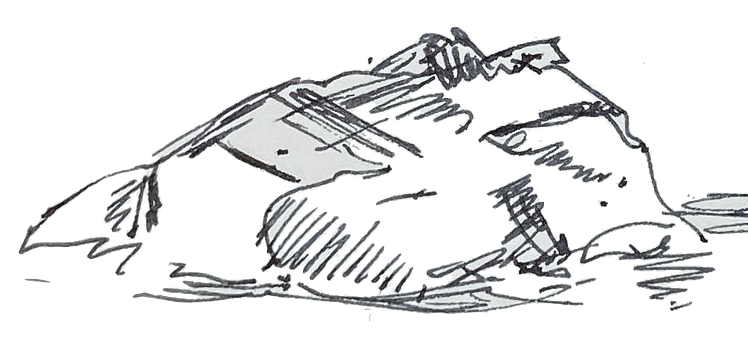The Problem of Educational Theory
This was an online seminar offered by my own Institute, presented by Stefan Siegel, a doctoral student from Augsberg. The seminar was introduced by Professor Gert Biesta from ETL and attended by delegates from Edinburgh and overseas.
Stefan began with a quick survey of delegates to get the feel of how we feel about educational theory: is it a distinct discipline in its own right, or is it interdisciplinary, and challenged us to name an educational theory. I feel that educational theory is clearly distinct from others, and not a sub-field of (say) psychology. He was able to immediately share the analysis of the audience responses. He went on to discuss his research and thesis before setting out the agenda.
Theorising education
Development of educational theory has proceeded differently in the Anglo-American context than “Continental”. In the former, it is viewed as interdisciplinary, whereas in the latter, it is more a field in its own right, referred to as Pädagogik, established in the 1920s in Germany. Its roots being in philosophy, it evolved to make use of more quantitative methods. Problems discussed focused initially on the certainty of definition in German educational theory. Stefan’s narrative went on to examine terms, including theory and education, and discussed the challenge of defining these things. Stefan made frequent reference to Biesta (2013) – other works, of course, but this popped up quite a lot.
The talk progressed towards a definition of educational theory and considered the strengths and shortcomings of defining educational theories according to how narrow these definitions are.
Discussion
A rich conversation developed in considering the questions that help to define a field theory or discipline. The consideration of the terms used on the continent was helpful for me, including terms that combine more than one, such as teaching and learning, in German Lehren und Lernen. Perhaps it is just a semantic point and there’s no difference other than hearing one term when two are said.
Reflections
The problem with language is that it doesn’t belong to anyone, so it can be used and abused by everyone with impunity. Within education, in my experience, this results in the hijacking of common terms for new purpose: the first time I came across this was in my probationary year when I had to endure a talk on enterprise education, which I argued at the time, had absolutely nothing to do with enterprise the way I understood it from over 20 years in commerce and industry. There are plenty of others: inclusion, for example, ultimately even education, teaching and learning. See Biesta (2005) for a discussion on the latter.
What is clearer to me now is the understanding that a theory is inextricably linked to the questions it attempts to answer. The terms of the question are where the focus and clarity are required in their definition in order to make sense of what the theory means.
References
Biesta, G. (2013) ‘Giving Teaching Back to Education: Responding to the Disappearance of the Teacher’, Phenomenology & Practice, vol. 6, no. 2, pp. 35–49.
Biesta, G. (2005) ‘Against learning. Reclaiming a language for education in an age of learning.’, Nordic Studies in Education = Nordisk Pedagogik, Nordic Educational Research Association (NERA), vol. 25, no. 1, pp. 54–66 [Online]. DOI: 10.1177/00187267030568002.
